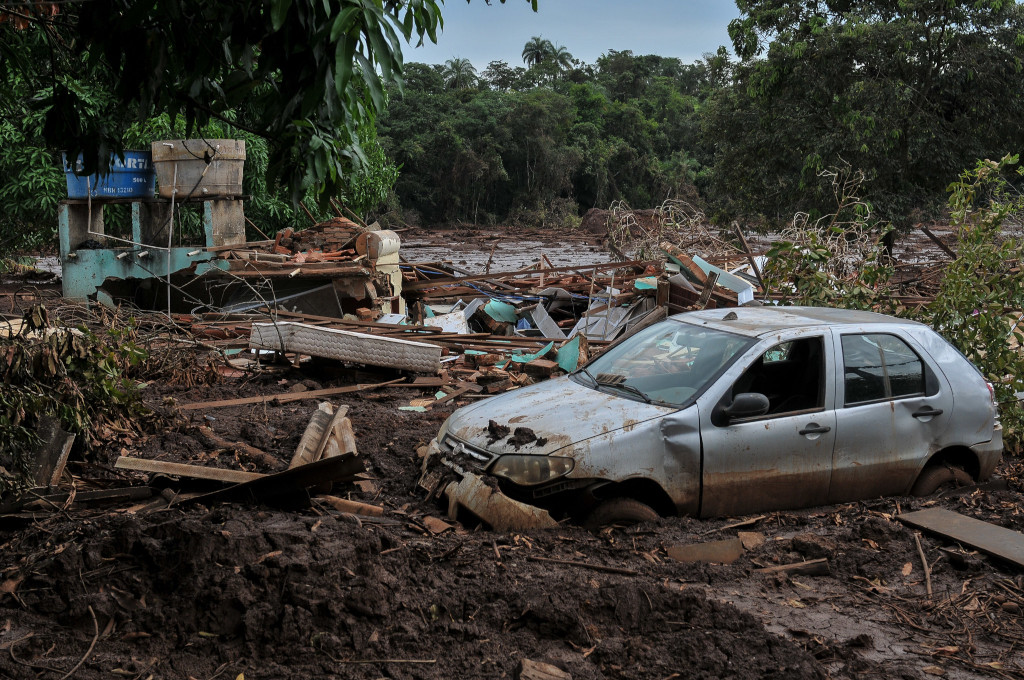Brumadinho. The Oswaldo Cruz Foundation (Fiocruz), together with the Federal University of Rio de Janeiro, examined blood and urine samples from residents in the vicinity of the dam collapse of the iron ore mine Córrego do Feijão. The data was collected in four regions near Brumadinho, where on January 25, 2019, the dam of a Vale mine retention basin ruptured, killing 270 people.
The study found that the population of the municipality of Brumadinho in the state of Minas Gerais suffers from levels of heavy metals in the body that are above the permissible level. The number of respiratory and mental illnesses is also high.
Of the 3,297 people examined, 217 were children, 275 adolescents between the ages of twelve and 17 and 2,805 adults over the age of 18.
According to the study, 50.6 percent of children between the ages of zero and six had urine samples with at least one heavy metal above the reference value. Arsenic was found above the limit value in 41.9 percent of the samples examined and lead in 13 percent.
There were also increased heavy metal concentrations in urine and blood among the young people examined. According to this, 28 percent of those examined had more arsenic in their urine than the permissible limit. 52.3 percent of people in this age group had excess manganese in their bodies, and 12.2 percent had lead levels above the limit.
A similar scenario emerged for adults: 33.7 percent had more arsenic and 37 percent more manganese in their urine than tolerable.
The study also examined chronic diseases among the residents. Asthma and asthmatic bronchitis were the most commonly reported among adolescents. For the adults, it was high blood pressure, high cholesterol, and chronic back problems. As far as the children are concerned, after the dam burst, for example, changes in the respiratory system and the skin were noted.
“Especially in the areas near the mud, the population reports many signs and symptoms of respiratory diseases and also has a high proportion of asthma diagnoses,” says the overall coordinator of the study, Sérgio Peixoto, from the Fiocruz Foundation, which supports the Brazilian under the Ministry of Health.
The data on the mental health of the respondents also showed that 22.5 percent of the adults surveyed had been diagnosed with depression. This rate is higher than the 10.2 percent found in the 2019 national health survey by the Brazilian Institute of Geography and Statistics.
Anxiety or sleep problems were diagnosed in 33.4 percent of respondents over the age of 18. Among the adolescents, 10.4 percent indicated a medical diagnosis for depression and 20.1 percent for anxiety.
–


